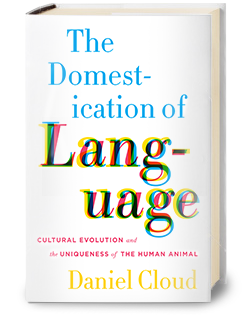By Daniel Cloud, Ph.D.
Some people in Asia burn joss paper, also called ghost money, on the Lunar New Year, to give their deceased ancestors something to spend in the afterlife. Because ghost money doesn’t represent a claim on any actual goods or services in this world, there is no reason for its issuers to exercise any particular restraint, and in Singapore it is possible to find notes issued by the First Bank of Hell, with the mythical Jade Emperor’s picture on the front, in denominations ranging into the millions and billions of dollars. Perhaps we’re counting on this charming tradition to make Asian investors comfortable with the prospect of continuing to add to their holdings of European and American sovereign debt, despite the obvious fact that the money they’ve already lent us is money they’ll never get a chance to spend in this life.
We, in the West, all think seem to think that a sovereign debt crisis is a problem that can be deferred for a few years. We aren’t going to default or inflate quite yet, not for a little while still, and we think our creditors should be as insouciantly untroubled about what might happen a little later on as we are. To anyone, like China’s central bank, who is irrevocably committed to holding large amounts of our sovereign and quasi-sovereign debt to maturity, however, default or restructuring in ‘a few years’ is default or restructuring that will occur while he is still holding many of the same bonds he has now. It is money he has already lent us that will not end up being repaid.
We aren’t even trying very hard to pretend that we intend to pay it. We’re more or less at the point of no return now, yet a comprehensive reform of Medicare, Medicaid and Social Security, the only thing that could save the US from eventually defaulting on our obligations, is on absolutely nobody’s political agenda, and by design won’t be until after the crisis happens. The people who manage China’s reserves aren’t stupid. They do read the newspaper. If they know, now, that we are headed for effective default or restructuring in a few years, they should write the bonds down now. But if they are worth less, now, than they are trading for, why would they go on buying more of them? How could they? For them, the sovereign debt crisis is already happening. Every day, they have to decide whether to keep on throwing good money after bad, or lose everything right away.
Click here to read the entire article "Ghost Money" on ZeroHedge.com

